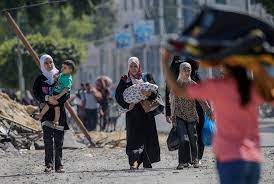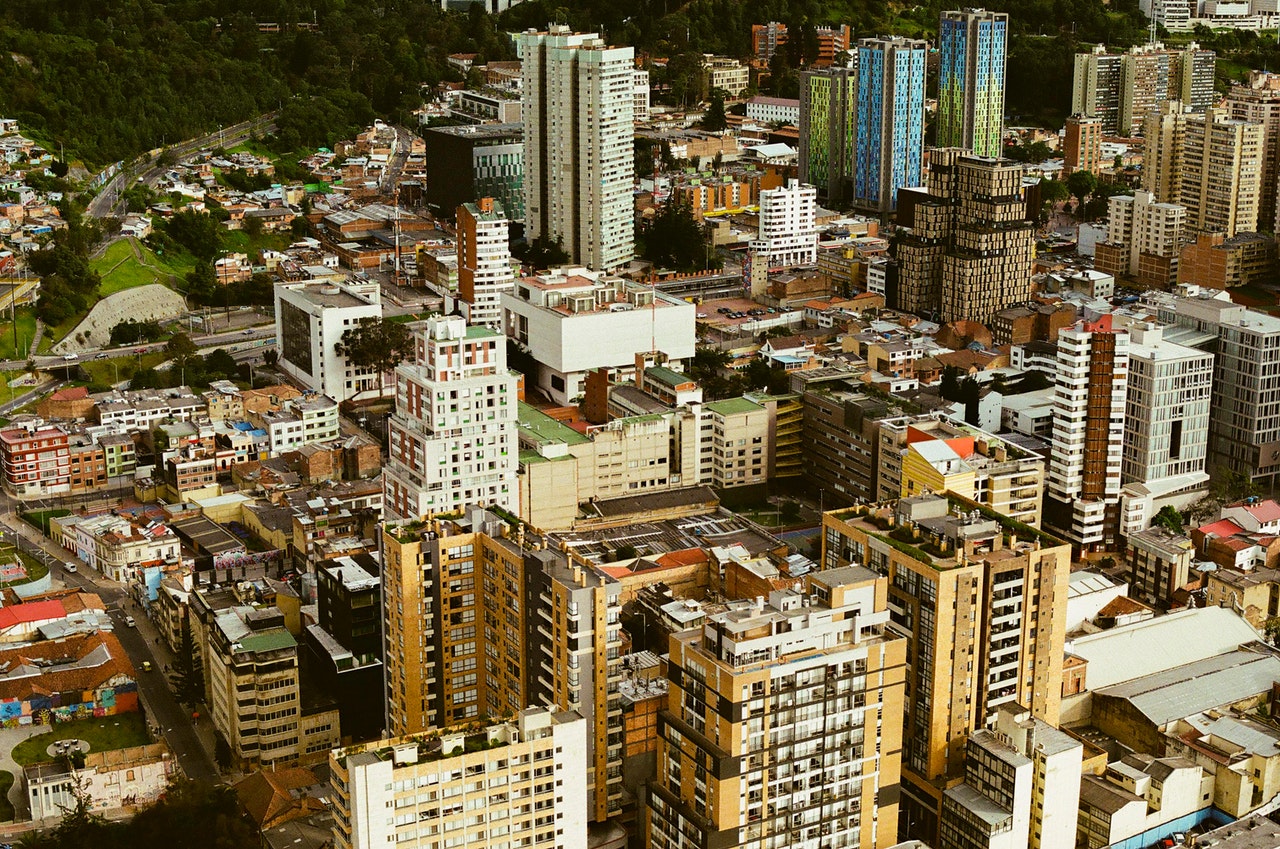Going Towards South
In Israel’s call for the evacuation of half of Gaza’s population, many Palestinians fear a repeat of the most traumatic event in their tortured history, their mass exodus from what is now Israel during the 1948 war surrounding its creation, known as the “Nakba.”
An estimated 700,000 Palestinians, a majority of the prewar population, fled or were expelled from what is now Israel in the months before and during the war, in which Jewish groups fended off an attack by several Arab states.

Seventy-five years later, they have not been allowed back, and Israel refused to allow the Palestinians to return.
Their fate was among the thorniest issues in the peace process, which ground to a halt more than a decade ago.
Now, Palestinians fear the most painful moment in their history is repeating itself.
New Nakba
Israel has launched blistering waves of air strikes on besieged Gaza that have already killed over 1,900 Palestinians, and the war appears set to escalate further.
On Friday, Israel demanded that all Palestinians living in northern Gaza, including Gaza City, head south, affecting more than a million people, about half the population of the narrow, 40-kilometre coastal strip.
With Israel having sealed Gaza’s borders, the only direction to flee is south, toward Egypt.
Israel’s far-right government has empowered extremists who support the idea of deporting Palestinians, and some have openly called for mass expulsion.
Hamas has told people to remain in their homes, dismissing the Israeli orders as a ploy.
President Mahmoud Abbas, who heads the internationally-recognised Palestinian Authority in the occupied West Bank, also rejected the evacuation orders, saying they would lead to a “new Nakba.”
For nearly a week, Palestinians in Gaza have been seeking safety under a barrage of Israeli air strikes that have demolished entire city blocks, leading to a territory-wide electricity blackout and dwindling supplies of food, fuel, and medicine.
The south isn’t safe, but if Israel launches a ground invasion in the north, as seems increasingly likely, it might be their best hope for survival, even if they never return.




